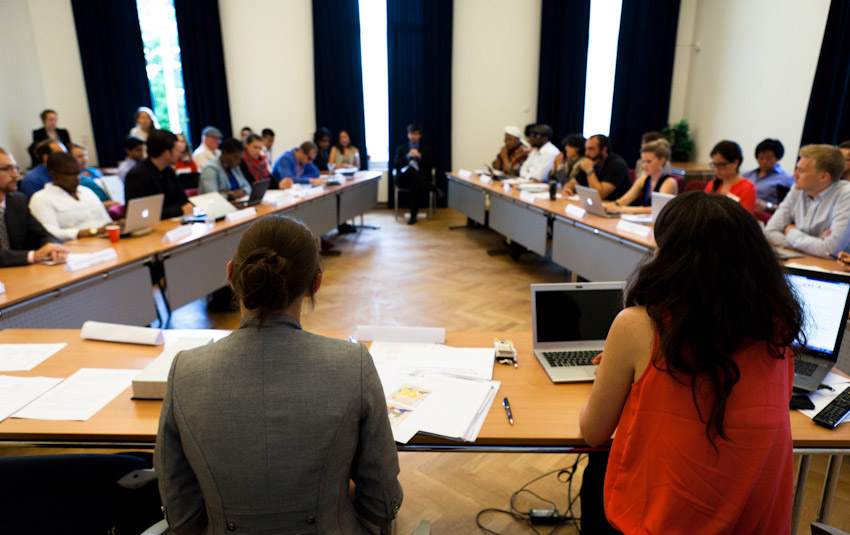
We are professionalizing “Post-Conflict” transitions.
Transitioning a society from conflict to stability is the hardest single task facing our field. Where others have failed, our graduates will succeed.
At the 2016 The Hague Symposium, in cooperation with Clingendael Institute, you will grapple with the “wicked questions” around post-conflict transitions and international justice that continue to challenge policymakers, scholars, and practitioners. You will gain a deep understanding of the concepts, controversies, and institutions surrounding the implementation of post-conflict strategies, including security, justice, political, and social mechanisms. You will examine which elements have contributed to success and which to failure, as well as gain a thorough understanding of the interplay between dynamics that can and cannot be controlled. By learning about available mechanisms, options, and theories, you will gain a cross-sectoral perspective and a new way of thinking about transitions.
All participants will receive a Post-Graduate Certificate in “Post-Conflict Transitions & International Justice” upon completion of the course. Participants who choose to undertake additional rigorous assignments will have the opportunity to earn a Post-Graduate Certificate in “Post-Conflict Transitions & International Justice with Distinction.”
A curriculum firmly grounded in experiential education.
IPSI’s methodology stresses hands-on experiential learning where representatives from the first world, the developing world, and conflict and post-conflict countries have the opportunity to actually make the decisions faced by current leaders. Through formal lectures, site visits to International Tribunals and Courts, and interactive simulations and workshops, attendees gain the skills necessary to strengthen legitimate institutions and governance to provide security, justice, and development and break cycles of violence; skills that are instrumental in ensuring long-term stability and preventing conflicts from recurring.
The world’s most informed and talented faculty.
The Hague Symposium is not a normal classroom experience. Our participants learn directly about the realities of transition from the field’s most accomplished academics and practitioners who teach using their personal on-the-ground experience. [pictured left: Justice Richard Goldstone]
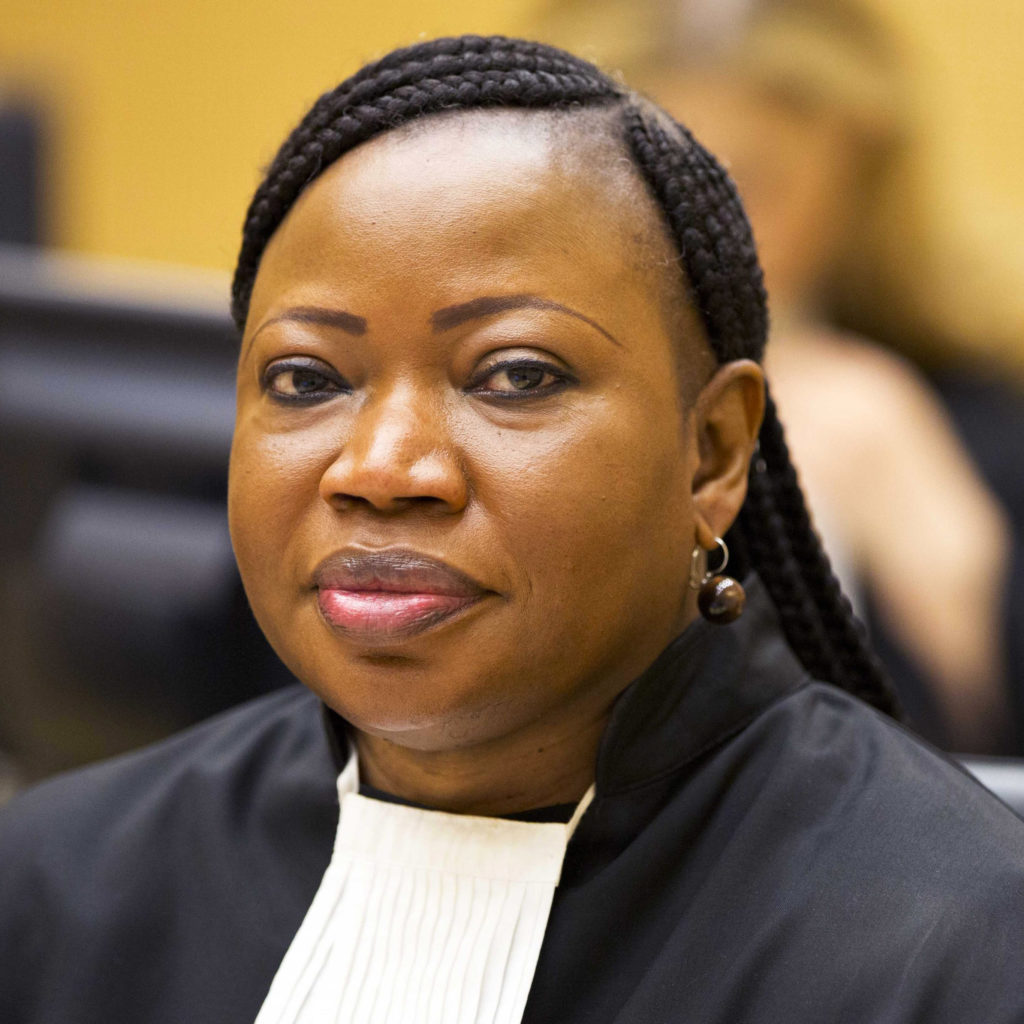
2016 Keynote Speaker: ICC Prosecutor Fatou Bensouda
Gambian lawyer Fatou Bensouda, who reached the pinnacle of international justice when she became chief prosecutor at the world’s war crimes court, has a reputation as a dogged investigator. The first woman and the first African to head the team of prosecutors, Bensouda has vowed to work for justice for Africans. Earlier in her career, she carved out a reputation in legal circles for her investigations of atrocities such as the Rwandan genocide and the use of child soldiers in the Democratic Republic of Congo.
2016 Faculty
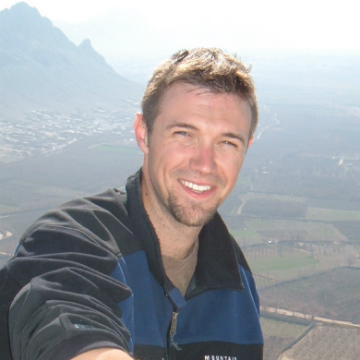
Kevin Melton
Senior Advisor, Resilience & CVE, IPSI

Audra Dykman
International Transition & Conflict Consultant
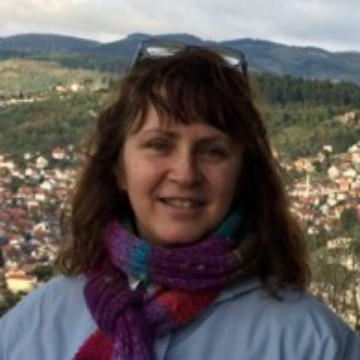
Carolyn Edgerton
Trial Attorney, International Criminal Tribunal for the Former Yugoslavia
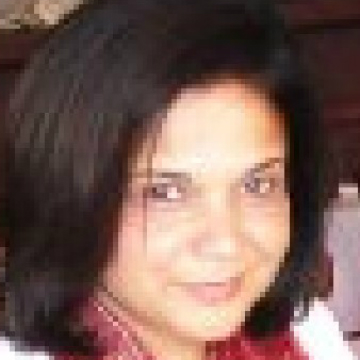
Shamila Batohi
Senior Legal Advisor, Office of the Prosecutor, International Criminal Court

David Crane
Former Prosecutor, Special Court for Sierra Leone
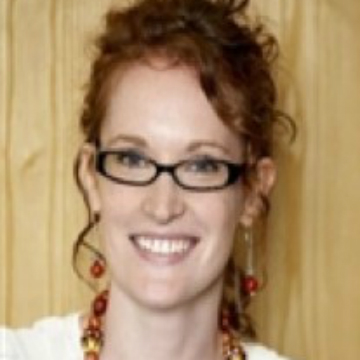
Julie Fraser
PhD Candidate, Netherlands Institute for Human Rights, Utrecht University

Adisa Karamuratovic
Interpreter/Translator, International Criminal Tribunal for the Former Yugoslavia

Dr. Robert Lamb
Visiting Research Professor, Strategic Studies Institute, U.S. Army War College

Tim Maaselink
Training and Research Fellow, Clingendael Academy, Netherlands Institute of International Relations
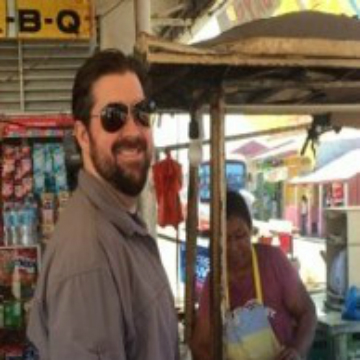
Justin Richmond
Founder and Executive Director of IMPL
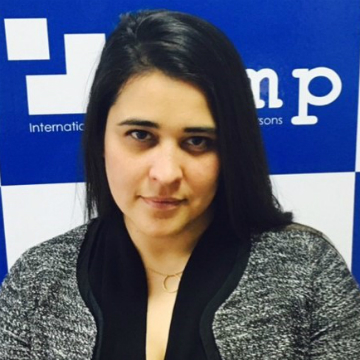
Deborah Ruiz Verdozco
Director of Institution and Civil Society Development
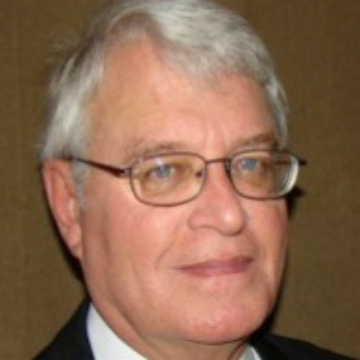
William Stuebner
Former Special Adviser to the Prosecutor of the International Criminal Tribunal for the Former Yugoslavia (ICTY); Former Chief of Staff and Senior Deputy for Human Rights of the OSCE Mission to Bosnia and Herzegovina

Ron Ton
Director, Clingendael Academy, Netherlands Institute of International Relations

Prof. Dr. Tom Zwart
Professor, Utrecht University School of Law
Event Space: Netherlands Institute of International Relations Clingendael
The Symposium is located in the seat of international law, The Hague, The Netherlands, which is home to several major institutes of international justice and the Peace Palace, all of which you will visit. Classes are held at the Clingendael Institute, which is located in a 17th century manor house surrounded by a large park. Clingendael acts as a think-tank as well as a diplomatic academy in order to identify and analyze emerging political and social developments for the benefit of government and the general public.
Student-Trainer Network
By connecting participants to one another and to leading experts, IPSI provides an active and on-going forum for our alumni. Relying on the power of dialogue, networking, and collaboration inherent in our programming, IPSI catalyzes constructive discussions regarding peacemaking, peacebuilding, and human security. Through the diverse skills and regional expertise of its vast network, IPSI strives to be at the forefront of thought leadership in Peace & Security. In addition, IPSI’s Staff, Boards, and lecturers are available to help you plan and execute long-term career goals.
Application Process
STUDENT SELECTION: The IPSI The Hague Symposium strives to attract a diverse and accomplished student body from across the globe, especially peace and security leaders from conflict and post-conflict countries. A balanced and effective student body draws from a broad spectrum of regions, religions, and ethnicities. IPSI accepts young professionals, graduate students, and accomplished undergraduates, based on one or more of the following criteria:
- Stellar academic and/or professional achievement
- Keen interest in Peace & Security
- Proven record of leadership positions in community affairs
- Experience in/with government agencies
- Passion for learning
HOW TO APPLY: To be considered for matriculation, you will need to provide the following materials via our online application form:
- Résumé or Curriculum Vitae
- Short essays (1000 characters or less) on
- WHY you would like to attend The Hague Symposium & WHAT you intend to do with the training received
- WHAT does being a Peace & Security leader mean to you
- Letter of recommendation
- $10.00 application fee
Tuition & Deadlines: IPSI accepts applications on a rolling basis (acceptances are merit-based and spots are limited). Your tuition includes all academics, trainings, educational materials, weekday lunch, and special events. Tuition does not include airfare, accommodations, or most meals. IPSI has negotiated extremely reasonable group rates for optional accommodations, which will be provided upon acceptance.
Standard tuition: $4,400
“I was impressed and energized by your students… and the important work IPSI is doing in training bright young people in the practice of peace.”
“At IPSI, students focus on how to actually do the work of peacebuilding out there on the front lines of conflict. That’s where I work, I know what it takes, and IPSI delivers precisely what is needed.”
“No other skills training program in the field can match IPSI’s intensity, depth, and ease of direct access to world leaders.”
Bologna, Italy Symposium
on Conflict Prevention, Resolution, & Reconciliation
July 23 – August 13, 2016
The Hague Symposium
on Post Conflict Transitions & International Justice
July 9 – July 30, 2016

